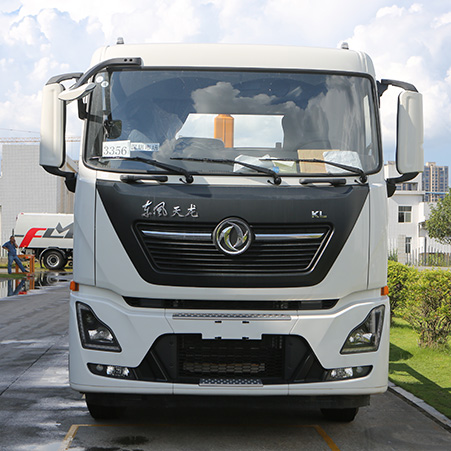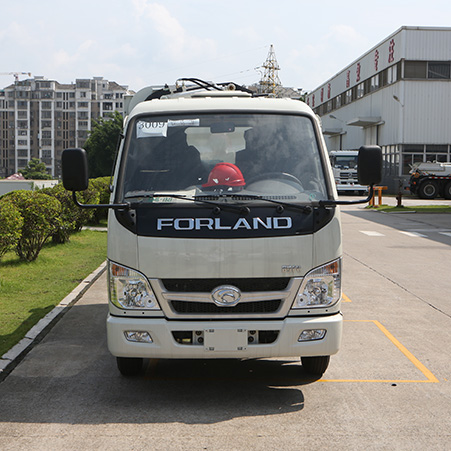Effective waste management becomes a cornerstone of maintaining public health, safety, and environmental sustainability in bustling urban landscapes where populations swell and space is at a premium. The intricate dance of collecting, transporting, and processing waste is a daily routine that keeps our cities clean and livable. Without it, we would face a buildup of refuse, increased pollution, and potential public health crises.
All large vehicles that haul away trash might seem identical to the untrained eye. However, there’s a common confusion between garbage trucks and waste management trucks. While they share similarities, their roles, designs, and operations differ significantly.

What is a Garbage Truck?
A garbage truck, also known as a trash truck, is a vehicle specifically designed for collecting municipal solid waste and transporting it to a solid waste treatment facility such as a landfill or incinerator. These trucks are a common sight in residential areas, where they stop at designated points to collect waste directly from households.
What is a Waste Management Truck?
On the other hand, a waste management truck is a broader term that can refer to any vehicle used in the waste management process, including garbage trucks. However, it often pertains to trucks equipped to handle various types of waste, not just solid waste, and may include recycling trucks, hazardous waste trucks, and organic waste vehicles.

Key Differences
Design and Capacity
Garbage trucks are often equipped with compactors and have a design focused on the efficient collection of household waste. Waste management trucks may have various designs, including open beds for bulky waste or specialized containers for hazardous waste.
Types of Waste Collected
Garbage trucks typically collect municipal solid waste, which is predominantly household trash. Waste management trucks collect a broader range of waste, including recyclables, organic waste, construction debris, and hazardous materials.
Operational Methods
Garbage trucks usually operate on a fixed route with regular pickups. Waste management trucks might have more flexible routes depending on the type of waste they are collecting and the services provided.
Usage and Applications
Garbage trucks are primarily used for residential waste collection. Waste management trucks have a wider range of applications, including commercial, industrial, and special waste services.
Types of Garbage Trucks
Garbage trucks come in several variations, each optimized for different operational requirements and waste collection scenarios. Some common types of garbage trucks include rear-loading trucks, front-loading trucks, side-loading trucks, and roll-off trucks.
- Rear loader: Common in residential waste collection.
- Front loader: Often used for commercial and industrial waste, where dumpsters are larger.
- Side loader: This can be automated or manual, suitable for limited space.
- Roll-off: Designed for handling larger containers of waste.
Environmental Impact
The environmental impact of these vehicles is significant. They are essential in managing waste but also contribute to emissions. The move towards electric and alternative fuel trucks is a positive step in reducing the carbon footprint of waste management operations.
In conclusion, while garbage trucks and waste management trucks share the common goal of waste disposal, they serve distinct purposes within the broader context of waste management. Understanding the differences between these vehicles is essential for implementing effective waste management strategies and promoting environmental sustainability in urban environments.
FAQs
Can waste management trucks carry more waste than garbage trucks?
Typically, garbage trucks have compactors that allow them to carry a significant amount of waste, but waste management trucks may have larger capacities depending on their design and purpose.
Do garbage trucks only collect non-recyclable waste?
Generally, yes. However, some garbage trucks are designated for collecting recyclables in areas without separate recycling programs.
Are waste management trucks more environmentally friendly?
It depends on the type of truck and its purpose. Trucks designed for recyclables and organics can be seen as more eco-friendly due to their role in sustainability.
Can the same truck be used for garbage and other types of waste management?
While possible, it’s not common due to contamination risks. Specialized trucks are often used for different waste streams.
How often do waste management trucks replace garbage trucks?
Waste management trucks don’t replace garbage trucks; they complement them by handling different types of waste and providing additional services.






